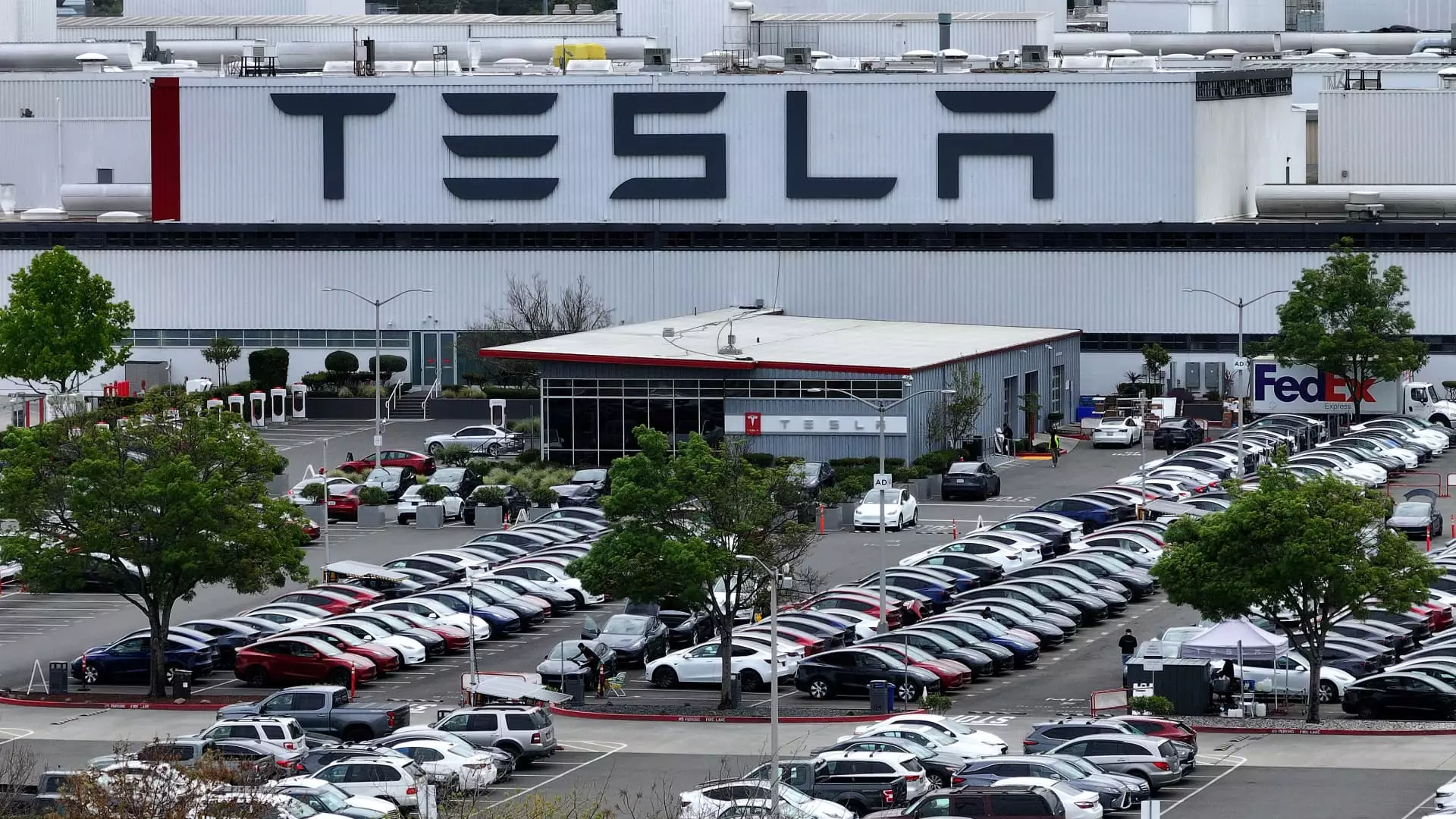Tesla, known for its electric vehicles and commitment to sustainability, is facing a lawsuit from the nonprofit Environmental Democracy Project. The lawsuit alleges that Tesla’s assembly plant in Fremont, California, has been in ongoing violation of the Clean Air Act since January 2021. The Environmental Democracy Project claims that harmful pollution has been emitted into the surrounding neighborhoods as a result of Tesla’s manufacturing practices.
This is not the first time Tesla has come under fire for its environmental impact. In the past, the company has been criticized for its handling of hazardous waste materials at facilities across California. Tesla has also faced scrutiny in Germany for clearing forests to build a factory outside Berlin, as well as for its water consumption practices. These controversies have led to protests from environmentalists and legal action from regulatory bodies.
The Bay Area Air Quality Management District has accused Tesla of allowing “unabated emissions” in Fremont, which should have been prevented. The agency has issued numerous violation notices to Tesla since 2019 and is now seeking an abatement order to force the company to make changes to its factory operations. Regulators have pointed out that equipment breakdowns and the intentional shut off of air pollution controls by Tesla employees or contractors have contributed to air pollution from the assembly plant.
Despite the allegations and regulatory action, Tesla has not yet responded to the recent lawsuit or the accusations of ongoing environmental violations. In the past, Tesla CEO Elon Musk has downplayed environmental concerns, focusing instead on the company’s technological advancements in the electric vehicle industry. Musk has been known to make controversial statements regarding climate activists, referring to them as “communists” and sharing derisive memes targeting them.
While Tesla has positioned itself as a leader in the fight against climate change through its electric vehicles, the company’s manufacturing practices have raised serious concerns among environmentalists and regulatory agencies. The ongoing violations of the Clean Air Act and the emission of harmful pollutants into surrounding neighborhoods are indicative of the need for Tesla to prioritize environmental sustainability throughout its operations. It remains to be seen how Tesla will respond to the mounting pressure to address its environmental impact and comply with regulations aimed at protecting public health and the environment.

